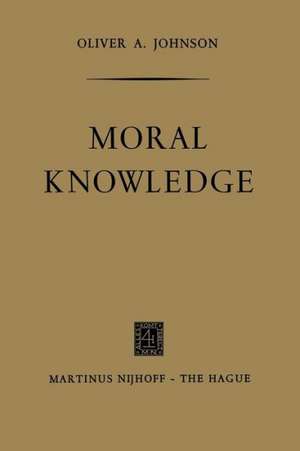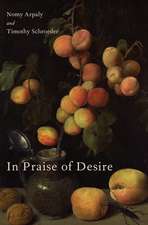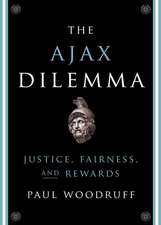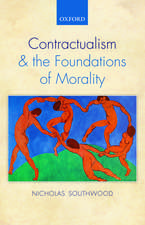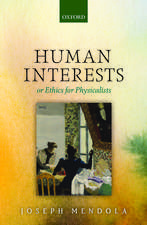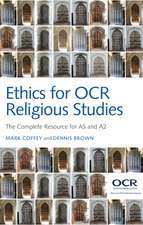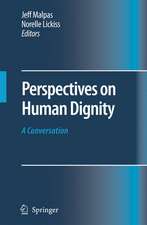Moral Knowledge
Autor Oliver A. Johnsonen Limba Engleză Paperback – 1966
Preț: 381.98 lei
Nou
Puncte Express: 573
Preț estimativ în valută:
73.11€ • 79.45$ • 61.46£
73.11€ • 79.45$ • 61.46£
Carte tipărită la comandă
Livrare economică 21 aprilie-05 mai
Preluare comenzi: 021 569.72.76
Specificații
ISBN-13: 9789401185578
ISBN-10: 9401185573
Pagini: 188
Ilustrații: 172 p.
Dimensiuni: 155 x 235 x 10 mm
Greutate: 0.27 kg
Ediția:1966
Editura: SPRINGER NETHERLANDS
Colecția Springer
Locul publicării:Dordrecht, Netherlands
ISBN-10: 9401185573
Pagini: 188
Ilustrații: 172 p.
Dimensiuni: 155 x 235 x 10 mm
Greutate: 0.27 kg
Ediția:1966
Editura: SPRINGER NETHERLANDS
Colecția Springer
Locul publicării:Dordrecht, Netherlands
Public țintă
ResearchCuprins
I. The Problem of Moral Knowledge.- 1. Contemporary sources of moral skepticism.- 2. Hume and the deductive fallacy.- 3. The meaning of moral obligation.- 4. The criteria of knowledge.- 5. Plan of the book.- II. Duty and Goodness.- 1. Types of theory.- 2. The deontologists’ critique of utilitarianism.- 3. Intuitionistic utilitarianism as a theory of moral knowledge.- 4. The identification of goodness and duty.- 5. The “ought-to-be” argument.- 6. The deductive argument-a restatement.- 7. The appeal to self-evidence.- 8. Reductionistic utilitarianism.- 9. Moral goodness and duty.- 10. Duty and goodness and the “ought” and the “is”.- III. Duty and Rightness.- 1. The intuitionism of the deontologists.- 2. Prichard’s “unreasonable” theory.- 3. The self-evidence of our duties.- 4. The duty to keep promises.- 5. Intuition and generalization.- 6. Rightness and duty.- 7. From rightness to duty.- IV. A New Point of View.- 1. Oxford philosophy.- 2. The revolution in philosophy.- 3. Wittgenstein.- 4. Analysis and moral philosophy.- 5. Analysis and the problem of moral knowledge.- V. Duty and Ordinary Language.- 1. An interpretation of Toulmin’s conclusions.- 2. A reinterpretation of Toulmin’s conclusions.- 3. Good reasons and generally accepted reasons.- 4. Toulmin’s theory and the deductive fallacy.- 5. Does Toulmin escape the deductive fallacy?.- 6. Summary comments on Toulmin’s moral theory.- 7. Nowell-Smith and the problem of moral knowledge.- 8. Wittgenstein and the revolution in philosophy.- VI. A Return to Intuitionism.- 1. The deductive fallacy, skepticism, and intuitionism.- 2. A defense of intuitionism.- 3. Knowledge and a plurality of intuitions.- 4. Intuitive self-evidence and moral knowledge.- VII. Reason and Duty.- 1. Two notions ofself-evidence.- 2. Preliminary objections.- 3. Duty and good reasons.- 4. A moral axiom.- 5. A story.- 6. Elaboration and comments.- 7. The principle of personal impartiality.- 8. Egoism and morality.- 9. The deductive fallacy.- VIII. Toward a General Theory of Morality.- 1. Outline of a positive theory of obligation.- 2. Practical qualifications.- 3. Morality and utility.- 4. Goodness and the naturalistic fallacy.
